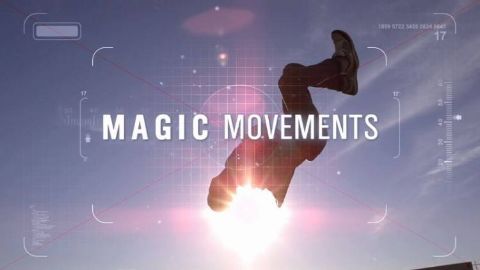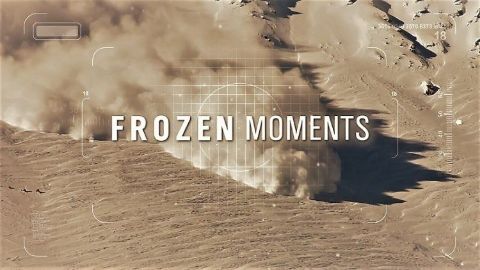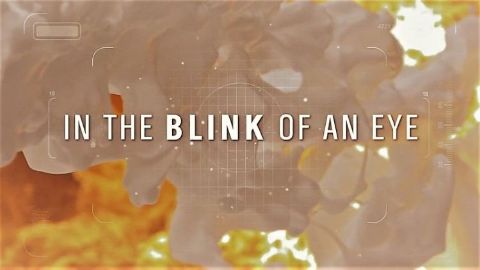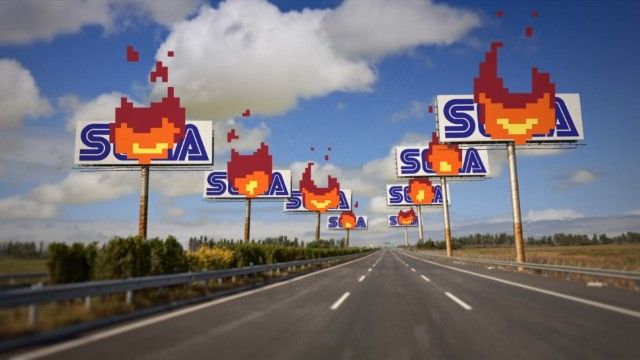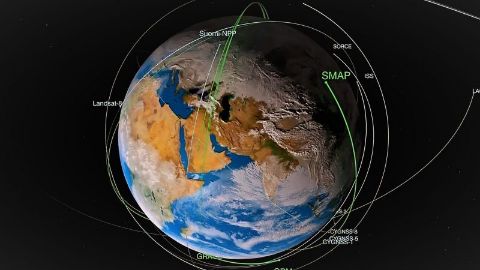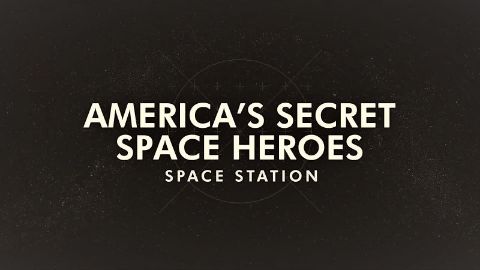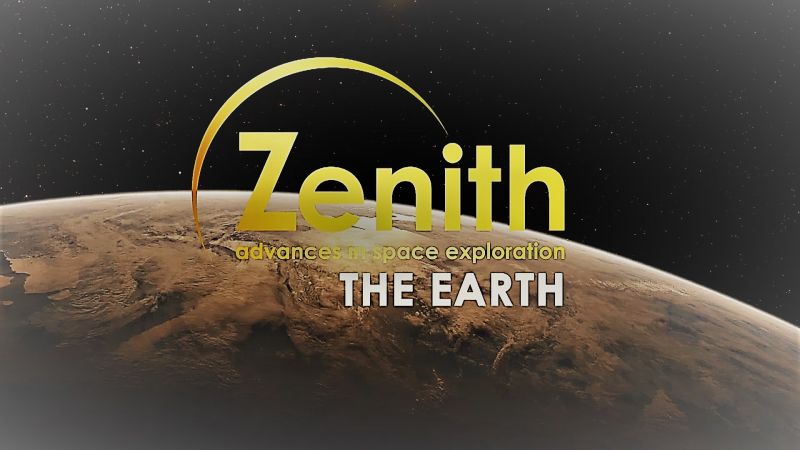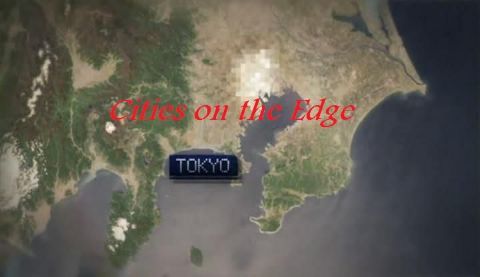In the Blink of an Eye • 2016 • episode "S1E3" • Invisible Universe
Phenomena of incredible speed that we cannot see, captured in stunning detail using high-speed cameras. Watch the mechanics of dogs in motion (do their feet touch the ground?) Learn how a cat’s tongue works, experience the shockwaves of explosions, see the dynamics of fire -- and more!
Make a donation
Buy a brother a hot coffee? Or a cold beer?
Hope you're finding these documentaries fascinating and eye-opening. It's just me, working hard behind the scenes to bring you this enriching content.
Running and maintaining a website like this takes time and resources. That's why I'm reaching out to you. If you appreciate what I do and would like to support my efforts, would you consider "buying me a coffee"?
Donation addresses
BTC: bc1q8ldskxh4x9qnddhcrgcun8rtvddeldm2a07r2v
ETH: 0x5CCAAA1afc5c5D814129d99277dDb5A979672116
With your donation through , you can show your appreciation and help me keep this project going. Every contribution, no matter how small, makes a significant impact. It goes directly towards covering server costs.
